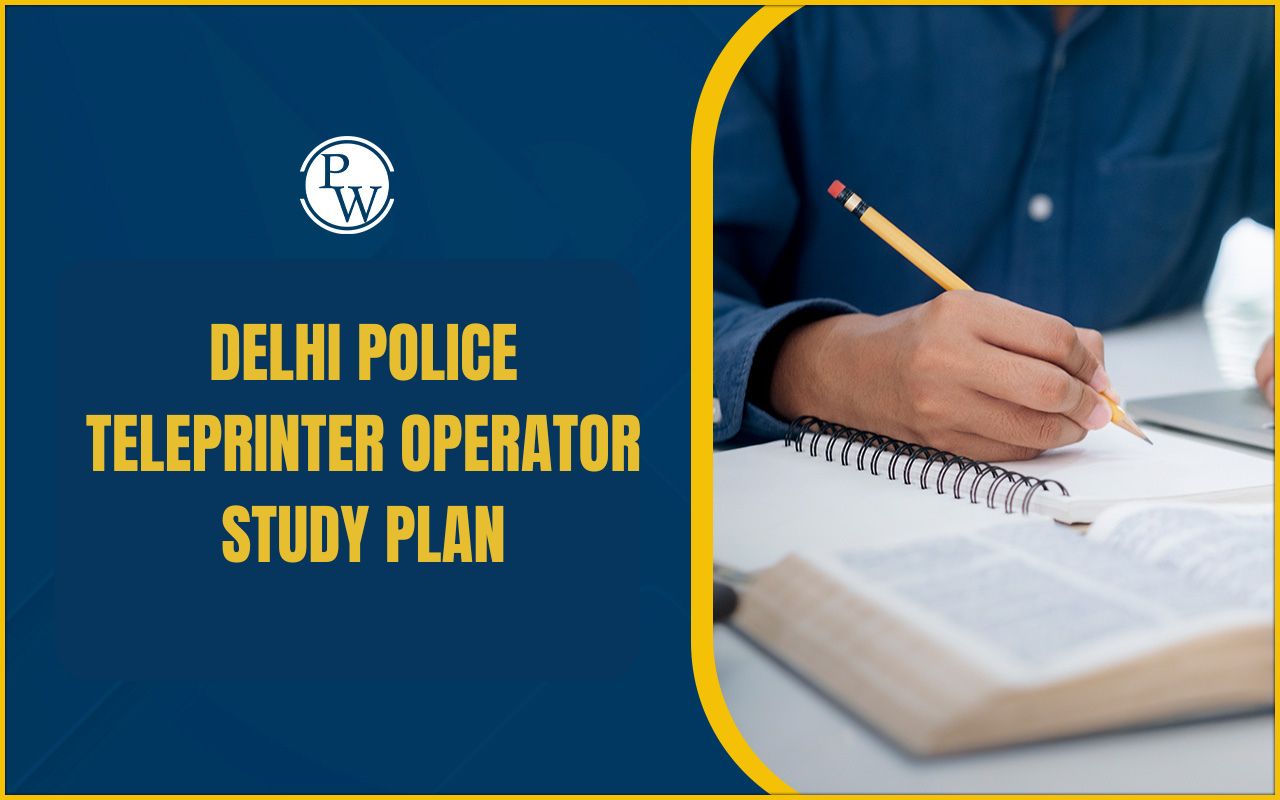

Balancing a bank job with preparation for the SSC exam can be challenging but is certainly achievable with proper planning and time management. Many aspirants have successfully cleared this path, and you can too. Check on tips on how you can manage your time, leverage resources, and stay motivated while preparing for the SSC exam alongside a demanding bank job.
SSC Exams
The SSC conducts various exams for recruitment into government jobs. Each of these exams has its own syllabus and pattern, but they generally test candidates on subjects like General Intelligence, General Awareness, Quantitative Aptitude, and English Language. The most popular among them are:- SSC Combined Graduate Level (CGL)
- SSC Combined Higher Secondary Level (CHSL)
- SSC Multi-Tasking Staff (MTS)
- SSC Junior Engineer (JE)
Challenges of Balancing Exam Preparation with Job
Working in a bank is often demanding, with long hours and high pressure. Balancing this with SSC exam preparation requires:- Effective Time Management: Allocating specific time slots for study.
- Consistency: Regular study sessions without long breaks.
- Stress Management: Techniques to manage stress and avoid burnout.
- Resource Utilization: Making use of available study materials and resources efficiently.
Time Management Tips for Effective Preparation
Balancing a bank job with SSC exam preparation is challenging but not impossible. With effective time management, the use of online resources, strategic planning, and maintaining a healthy work-life balance, you can achieve your goal. The key lies in consistent efforts, disciplined study routines, and staying motivated throughout the journey.Create Effective Time Table
Candidate can create a timetable that suits their routine. We have provided a sample timetable below.- Morning Study: Utilize early morning hours for studying as they are often the most productive.
- Lunch Breaks: Use breaks at work to revise notes or practice quick tests.
- Evening Study: Dedicate 1-2 hours in the evening for detailed study sessions.
- Weekend Marathons: Make the most of weekends and holidays by dedicating longer hours to study.
| Sample Time Table | |
|---|---|
| Time of Day | Activity |
| Early Morning | Study for 1-2 hours |
| Lunch Break | Revise notes or practice quick tests |
| Evening | Study for 1-2 hours |
| Weekends/Holidays | Long study sessions, mock tests |
Prioritize Your Tasks
High-Yield Topics: Focusing on high-yield topics is essential in the SSC exam preparation. These topics are frequently tested and cover a significant portion of the syllabus. Prioritize them to maximize your score with minimal effort. For instance, in General Intelligence, focus on topics like Coding-Decoding, Blood Relations, and Analogies, which are commonly asked.
Weak Areas: Identify the subjects or topics where you struggle the most and allocate more time to those areas. Weak subjects need consistent practice to improve and build confidence. For example, if you're weak in Quantitative Aptitude, practice a variety of problems daily until you become proficient.
Revision: Regular revision ensures you retain information longer and reinforces learning. Plan weekly or bi-weekly revision sessions to go over previously studied topics. Focus on key formulas, concepts, and shortcuts to make revisions effective. The more you revise, the more confident you will become in the exam.
Study Techniques
Use Online Resources
- Online Courses : Enrolling in PW SSC preparation courses provides structured learning and guidance. Online platforms allow you to study at your own pace, and many platforms offer interactive lessons and quizzes for self-assessment.
- PW YouTube Channel : Many YouTube channels like PW provide concise, exam-focused lessons. Look for SSC-specific content, focusing on exam strategies, tips, and common question types.
- Mobile Apps : Educational apps like PW offer practice tests, quizzes, and mock exams that are vital for evaluating your preparation.
Short Notes and Flashcards: Create short notes and flashcards for easy revision. Flashcards are particularly effective for remembering formulas, vocabulary, and key facts. During short breaks, reviewing these notes can help reinforce your memory without requiring long hours of study.
Practice Previous Year Papers: Solving previous year’s question papers allows you to familiarize yourself with the exam pattern and types of questions. This will help you manage your time effectively during the exam. It also exposes you to areas that are often repeated, giving you a strategic advantage. Try to solve them under exam conditions for best results.
Regular Mock Tests: Mock tests simulate the actual exam experience. Taking them regularly will help you assess your preparation and improve your time management skills. Focus on your mistakes and analyze why you made them. This will help you avoid repeating them in the actual exam.
Leveraging Your Bank Job
A bank job provides financial stability, which reduces the financial pressure of studying for competitive exams. With your finances secure, you can dedicate more time and effort to studying without worrying about income sources. Also, tap into the knowledge of colleagues who might have previously appeared for SSC exams; they can offer tips, resources, or even mentorship.Stress Management
Physical Health
- Regular Exercise : Exercise is a great way to reduce stress and improve focus. Physical activity increases blood circulation, which helps your brain function better and aids concentration. You don’t need an intense workout—simple activities like walking, jogging, or yoga are effective.
- Healthy Diet : A well-balanced diet ensures you have enough energy to stay focused and sharp throughout the day. Incorporate foods that boost brain power, like nuts, fish, and leafy greens, while avoiding processed foods and sugar-heavy snacks.
Mental Health
- Meditation and Yoga : Regular meditation and yoga practices calm the mind and help you focus. They reduce anxiety and make it easier to retain information. Even 15-20 minutes a day can make a significant difference in your stress levels.
- Breaks and Relaxation : Long, continuous study sessions can lead to burnout. Taking short, frequent breaks is essential to keep your brain fresh. Use techniques like the Pomodoro Technique (study for 25 minutes, followed by a 5-minute break) to enhance productivity.
Can We Prepare for SSC Exam Along with Bank Job? FAQs
1. Can I manage both a bank job and SSC preparation?
2. How much time should I dedicate to SSC preparation?
3. How can I reduce stress while preparing for SSC with a job?












